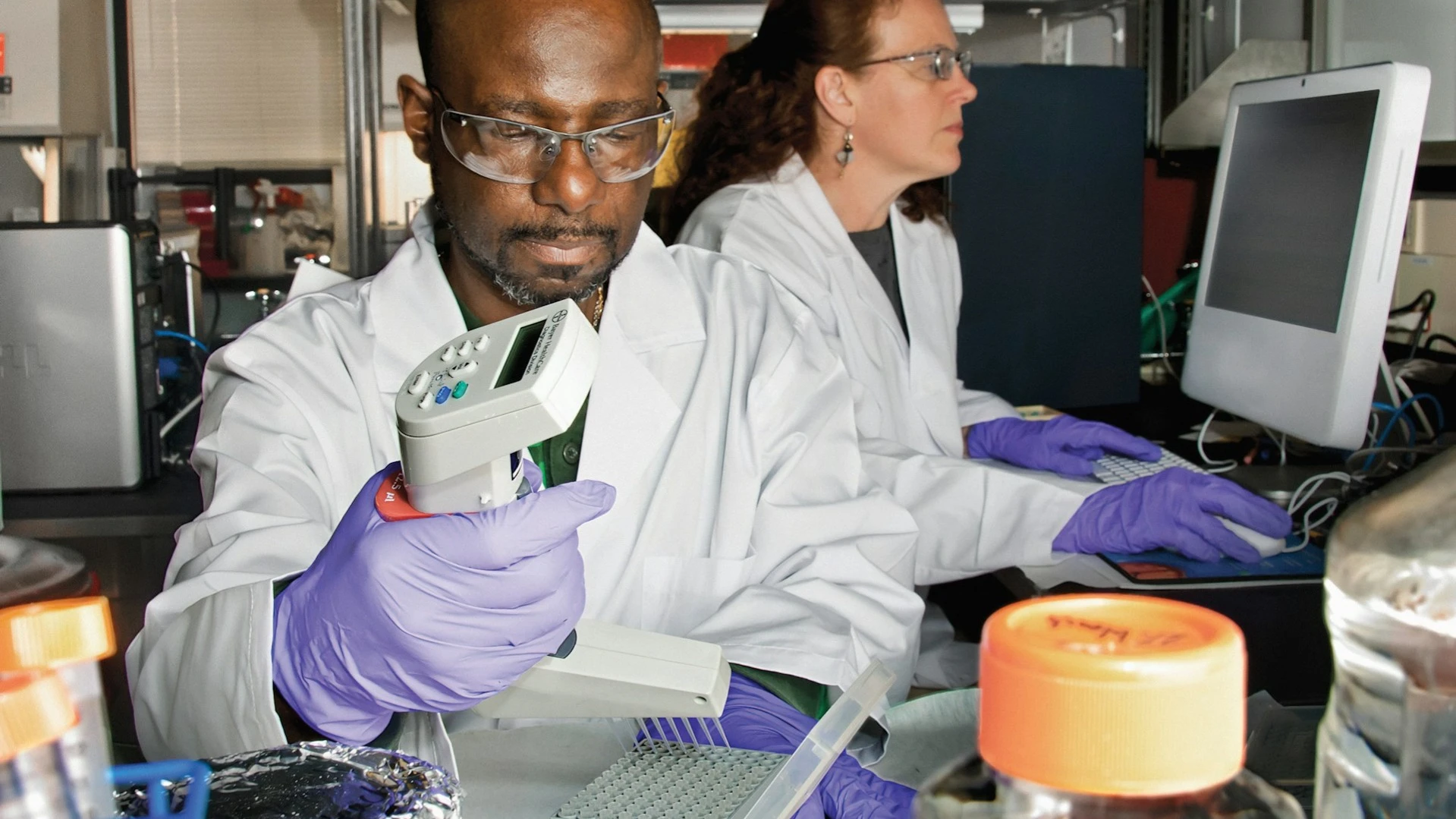Noble initiates on Greenwich LifeSciences with 'buy', TP implying 280% upside
The company is developing a vaccine that would prevent breast cancer recurrence

Noble Capital Markets has initiated coverage of micro-cap Greenwich LifeSciences with a target price of $45 per share, about triple the current market price. The company is developing a vaccine aimed at preventing recurrence of the most common type of breast cancer, which analysts say could save "large sums" for the healthcare system.
Details
Noble initiated coverage on Greenwich LifeSciences with an "outperform" rating at a target price of $45 per share, for upside of 277% versus the close yesterday, August 20. The stock closed yesterday 4% higher at $11.94 per share.
Greenwich is developing GSLI-100, an immunotherapy based on HER2/neu. Specifically, it contains GP2, a segment of the HER2/neu (HER2, or human epidermal growth factor receptor 2) receptor found on the surface of breast cancer cells. HER2 is overexpressed in several common cancers, with an estimated 75% of all breast cancers expressing HER2 at some level, Noble writes.
The company is testing GSLI-100 in the U.S. and Europe in final-phase clinical trials on patients after surgery and prevention of breast cancer recurrence. The new drug, the company says, stimulates proliferation of immune cells that can detect HER2 on cancer cells and destroy them.
Noble estimates market entry in 2028. Thus, it valued the stock based on 2029 EPS, which it estimated at $9.90 in 2029. It believes this to be a conservative estimate for the first full year of sales, which could come earlier.
Why Greenwich's work is important
GLSI-100 has "large market potential," Noble believes. In 2022, breast cancer was the most common cancer among women in 157 of 185 countries, the World Health Organization reported in August. That year, 2.3 million women were diagnosed with the disease and 670,000 died from it.
The 5-year survival rate is about 80% to 90%, Noble writes. This means that 80-90 people out of 100 are still alive for five years after diagnosis. A vaccine that prevents recurrence could prevent disease progression and death, making it a valuable therapy. Noble adds that recurrence also leads to retreatment and high costs for the healthcare system. The reduction in relapse rates could also save large sums for the payors.
The AI translation of this story was reviewed by a human editor.
